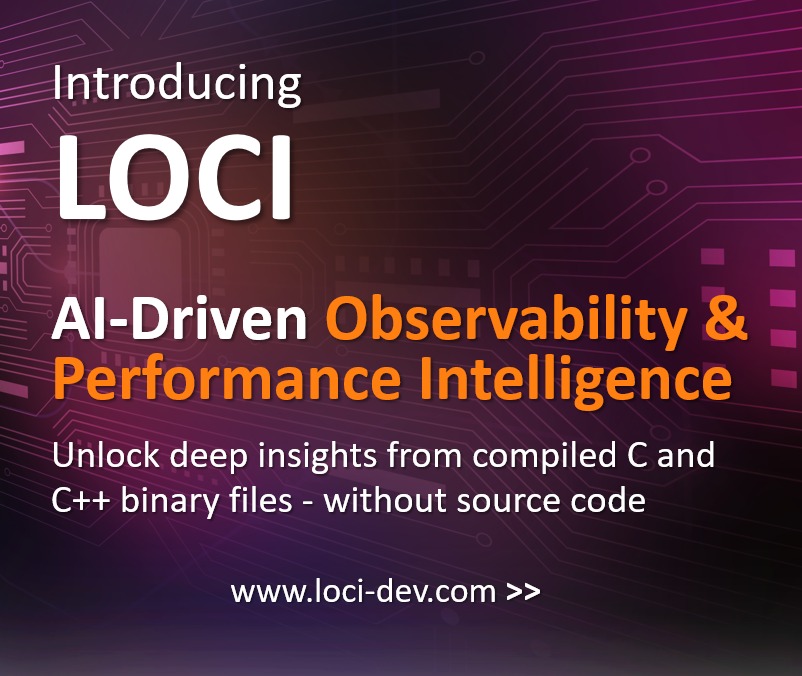This is part one of our series.
Automotive software is undergoing a technological shift. With evolving architectures and ever-increasing customer expectations, the traditional tools and methodologies that once dominated are now being challenged. As we move to the era of software-defined vehicles, there’s a pressing need for a new generation of tools that can keep pace with these changes.
This is the first article in our three-part series on AI software development tools, where we explore how this technology impacts the automotive industry.
V-shape development and AI’s role
Historically, the automotive industry has relied on the V-shape development model. This model begins with customer or OEM requirements on one side and culminates in tests to ensure these requirements are met on the other. Traditionally, this process was manual, involving extensive document reviews to ensure tests aligned with requirements.
However, with the advent of AI, this is changing. Large Language Models (LLMs) can now read and comprehend these documents, understanding their context. By training AI on these requirements, it can bridge the gap between what the customer needs and the testing process. This approach not only streamlines the process but also ensures a higher degree of accuracy.
This is an area early on in the development process where AI can have a significant impact. With an understanding of specific requirements, this technology can ensure that the software fits those customer needs at every stage of the development process. This speeds up the time to market by ensuring the project is on track at all times. Without AI traceability, there’s the risk of developers producing software that’s not quite fit for purpose, which could lead to additional time needed to bring the code in line with the original requirements.
Limitations of traditional tools
The traditional approach to updating embedded software in vehicles is cumbersome. For instance, traditional update methods require the previous version of the software to be completely erased in order to make space for the latest version. Given that modern cars have more than 100 ECUs, this method becomes problematic, as well as time and data-intensive. This also makes it difficult to roll back to a previous version should the latest software cause an issue within the vehicle.
The industry’s reliance on tools that build these embedded software images is a significant limitation. However, newer technologies are emerging that allow for updating only the changed parts of the software. This approach, while requiring the integration of new tools into the CI/CD process, offers a faster and more agile way to update software.
Aurora Labs’ Auto Update technology creates the smallest possible update file to be written to the next free space on the existing flash memory, eliminating the need to overwrite the existing software version and enabling instant rollback if needed. Utilizing AI and advanced algorithms means update files are 6x smaller than alternative differential technologies, directly affecting data transmission and cloud storage costs. In addition to the need for remote software updates during aftermarket service, there are great time and resource efficiencies to be realized during the product development and system testing (/pilot vehicles) stages.
AI’s transformative potential
The potential of AI in revolutionizing automotive software development is vast. For many developers, AI is becoming more than an add-on, it’s an integral part of their toolkit. They see opportunities where AI can be used to develop and test code, bringing fresh perspectives and methodologies to the table.
The automotive industry stands at a crossroads. With the rise of software-defined vehicles, the tools and methodologies of the past may no longer suffice. Embracing new tools, such as those that use AI, is not just beneficial; it’s essential. As the industry continues to evolve, those willing to innovate will lead the way, shaping the future of automotive software development.
If you’d like to learn more about the Aurora Labs suite of artificial intelligence tools, get in touch today.


![The Need for New Tools in Revolutionizing Automotive Software Development [Pt. 1] The Need for New Tools in Revolutionizing Automotive Software Development [Pt. 1]](https://www.auroralabs.com/wp-content/uploads/2024/04/Rotem-Arnon_Blog_1440x438-1-scaled.jpg)



 5 min read
5 min read